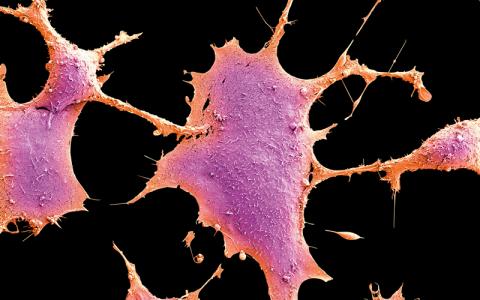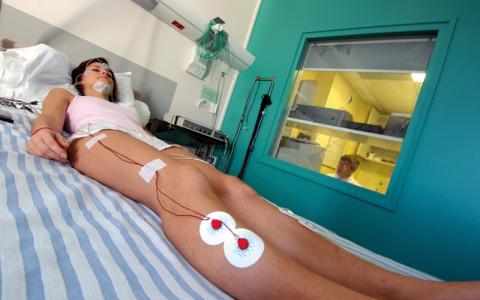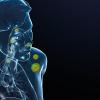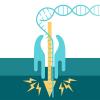Molecular Pathology & Genomics
The big question: Are we entering a new era in which mRNA vaccines are the future?
In May, AstraZeneca began the worldwide withdrawal of its COVID-19 vaccine, due to a “surplus of updated vaccines” that target new variants. Then in June, Moderna announced positive late-stage trial results for its single COVID/flu combination vaccine, mRNA-1083. On the back of this, we look at the future impact of mRNA vaccines.
Predicting the return of breast cancer
Dr Isaac Garcia-Murillas discusses a new blood test that can predict if breast cancer will return years before the disease shows on scans.
Study points to potential treatments for restless leg syndrome
Scientists have discovered genetic clues to the cause of restless leg syndrome. The discovery could help identify those individuals at greatest risk of the condition and point to potential ways to treat it.










